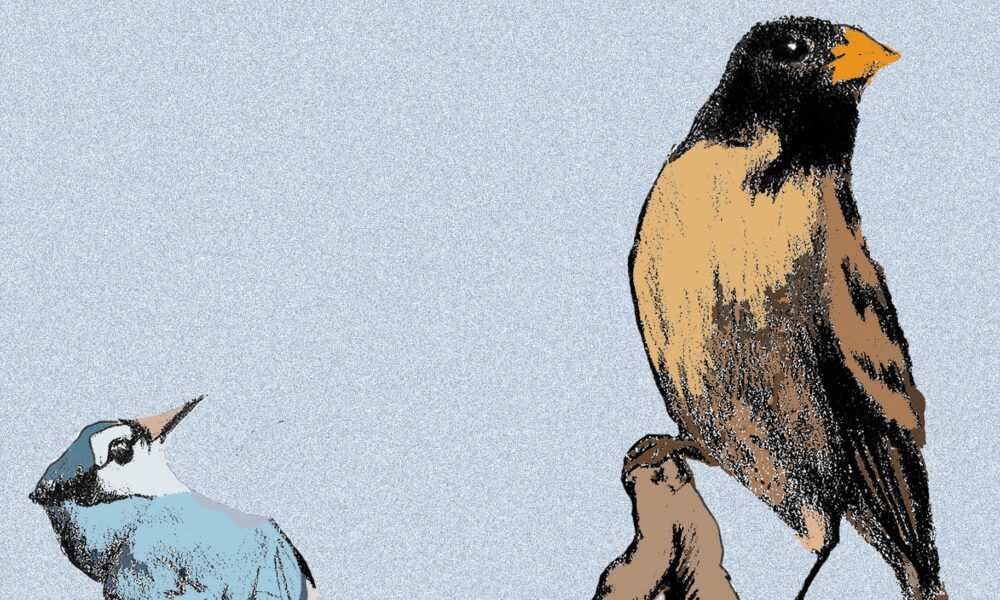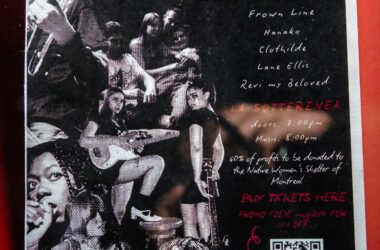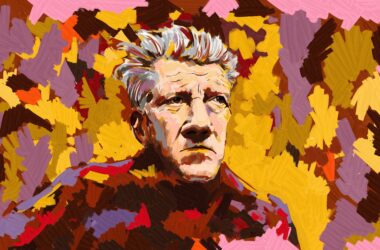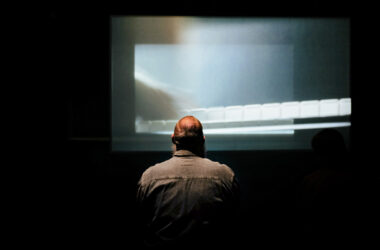Two Birds One Stone, directed by Murdoch Schon, is a lesson in listening and a reminder that friendship must not be scoffed at when seeking a viable framework for peace. It’s the first show in Teesri Duniya Theatre’s 2024-2025 season: Staging Freedom. Playwrights Rimah Jabr, a Muslim Palestinian, and Natasha Greenblatt, a Jewish Canadian, co-wrote the piece in 2016. Eight years later, the pair felt compelled to revisit it, believing its message to be more relevant than ever in light of the ongoing genocide in Palestine.
This autofictional play intertwines stories from Jabr’s youth in Palestine and her move to Brussels after enrolling in theatre school with tales from Greenblatt’s youth in Montreal and Birthright trip to Israel. The women navigate the messiness of young adulthood while searching to make their way back to a family house in the Occupied Palestinian Territories: Jabr’s grandmother’s home that she fled during the 1948 Nakba, which Greenblatt’s great grandfather purchased soon after Israeli settlers colonized the area.
While the two playwrights played themselves in previous runs of the play, they are now both new mothers, leaving them unavailable to fill the roles for Teesri’s remounted production. Instead, actors Dalia Charafeddine and Natasha Fagant fill in for Jabr and Greenblatt, respectively, and portray the story’s numerous supporting characters—they sing, they cry, they laugh, and get fake drunk while slipping in and out of distinct accents and physicalities that differentiate these characters. Connecting with the audience in metatheatrical comedic moments, they dispel any awkwardness. We see two friends comment on their own performance, poking fun at the tiptoeing tendency we often see when engaging with Israel’s occupation and ongoing genocide in Palestine, shaping the intimate process of understanding into resistance.
The dialogue takes centre stage, with the simple costumes, set, and blocking emphasizing the words above all else. Language is itself a tool that can obscure or bring truth to light, and Two Birds One Stone implicitly discusses these intentions. The play breathes life and immediacy, gripping us to feel all that is human. In the room, when the lights turn back on, tear-dampened cheeks lean on the shoulders of loved ones.
This is what art is about—collaborative consumption—and there is no better place to be challenged than at Teesri Duniya Theatre. Its warm and collaborative approach encourages precisely these moments of self-reflection and openness.
Creating works by and for the BIPOC community, Teesri Duniya’s commitment to multicultural reconciliation motivates its practices and shapes the stories it platforms. The space invites collaboration through the innovative Fireworks Play Development Program, which supports and mentors a cohort of local emerging playwrights as they develop their writing.
Beyond its collaborations with the artists of Montreal, Teesri Duniya engages audiences in open dialogue via talkbacks after almost every show, mobilizing opinions that often continue to be discussed in the outside air of Avenue des Pins. Teesri Duniya’s founders and theatre directors Rahul Varma and Rana Bose hold fast to the belief that art should shun away from elitism, expanding theatre to all. Essentially, art is about trusting the community as it is, whether sitting in the audience or pacing its feet on stage.
Schon said in a CKUT 90.3 FM interview, “A good director wants people to leave with new questions in their pockets.” I believe this is true of Two Birds One Stone. It’s on my mind; I talk about it in a grocery store and share it with my friends. May we continue to attend theatre performances and feel their transformative power. May we learn from them and perform peace in our lives.









